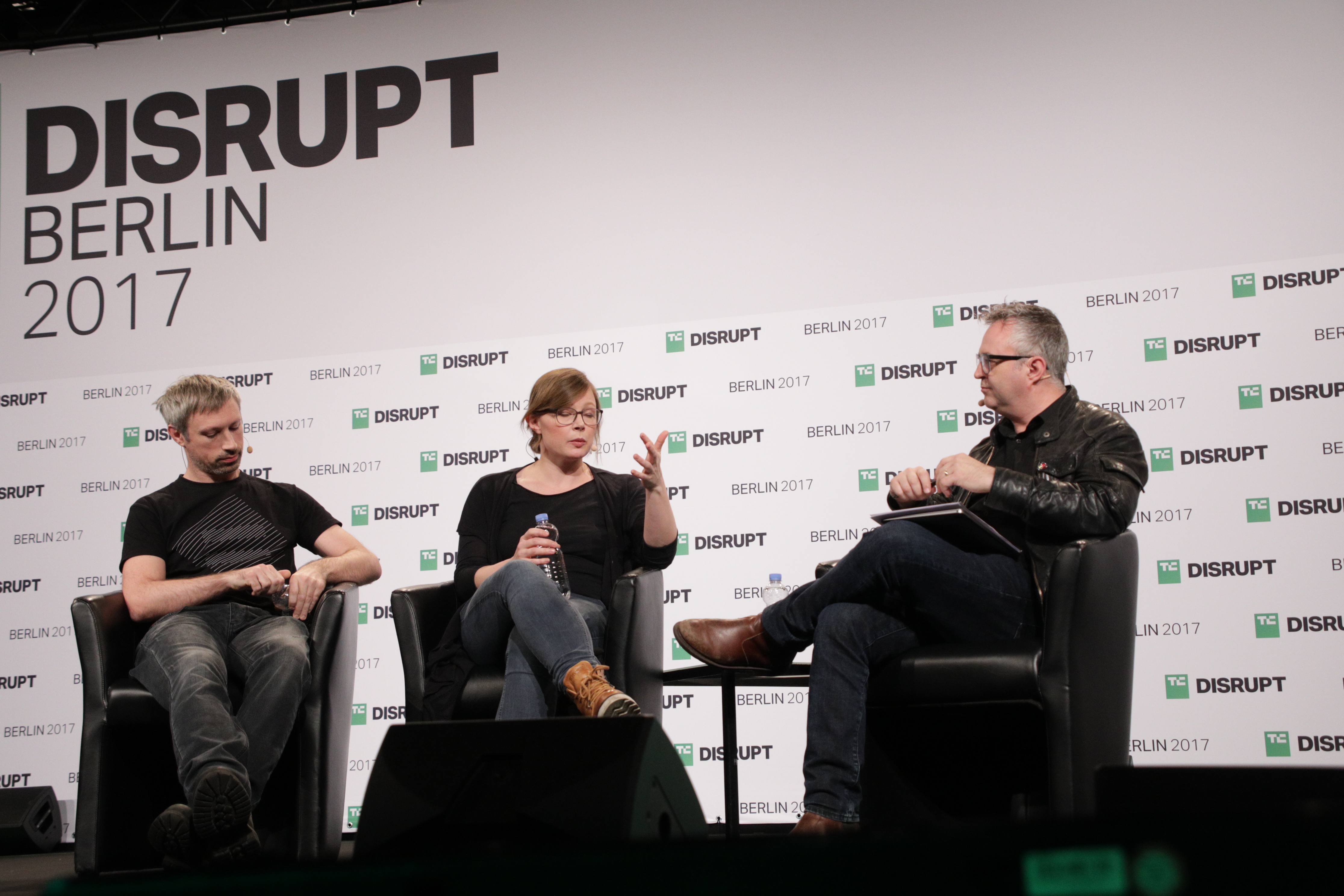Is the time finally right for platform-agnostic cloud gaming?

We’ve heard it all before. Gaming in the cloud, the ability to play the most demanding titles, regardless of the limitations of our own hardware. That was the dream of OnLive, way back in 2010. It was a dream that didn’t end particularly well for the company, which unceremoniously dissolved in 2015 and eventually had its assets snapped up by Sony.
It’s easy to Monday-morning-quarterback the end of a company. Maybe it wasn’t fully formed, or maybe it was ahead of its time. Whatever the case, a number of new startups believe they can succeed where predecessors failed. Parsec co-founder and CEO Benjy Boxer, for one, believes the service’s ultimate failure was a matter of bad timing.
“OnLive was ahead of its time,” he said in a conversation with TechCrunch. “AWS didn’t exist. They had to build their own servers. They had to use an old codex for encoding video. And everyone has more bandwidth today. All of those things add up. And we have patent-pending technology that makes our software really low latency. That’s what we focus on.”
At its heart, the service fills the same void as OnLive and newer services like LiquidSky, which started making the rounds earlier this year. The dream is the ability to make gameplay platform- and location-agnostic. That means playing on set-top boxes, gaming with friends who don’t own their own devoted rigs and even, potentially, gaming on mobile. (Though even with the heavy lifting happening on the backend, smartphones just aren’t built to handle really expansive PC gaming titles.)
Parsec’s stated goal is making those sorts of titles as accessible as more ubiquitous streaming services like Spotify or Netflix, or whatever, and the company has received a $2.25 million seed round from the likes of Lerer Hippeau Ventures, Nextview Ventures and Notation Capital. The service has been available in beta since late last year, and launched versions of its software for Windows, Mac, Android, Linux and Raspberry Pi late last week.
The latter will ultimately prove an interesting test for its ability to run on low-end hardware — with the right software and a good connection, you can accomplish a lot with less than optimal specs. Though, unlike other streaming services of its ilk, Parsec’s goal isn’t the elimination of gaming PCs entirely.
“We believe that eliminating consoles and gaming PCs is really good for some casual gamers, who play for less than 10 hours a week,” says Boxer. But for people who play more and own a gaming PC already, Parsec is valuable to them, too, because they can use it for free and stream from their PC or invite friends to play with them.”
It’s a big ask, getting people back on board with a concept that’s tried and failed to launch time and again, and one bad experience could be enough to sour users. But if Parsec is to be believed, it’s an idea whose time has finally come.
Published at Tue, 19 Dec 2017 20:13:52 +0000




